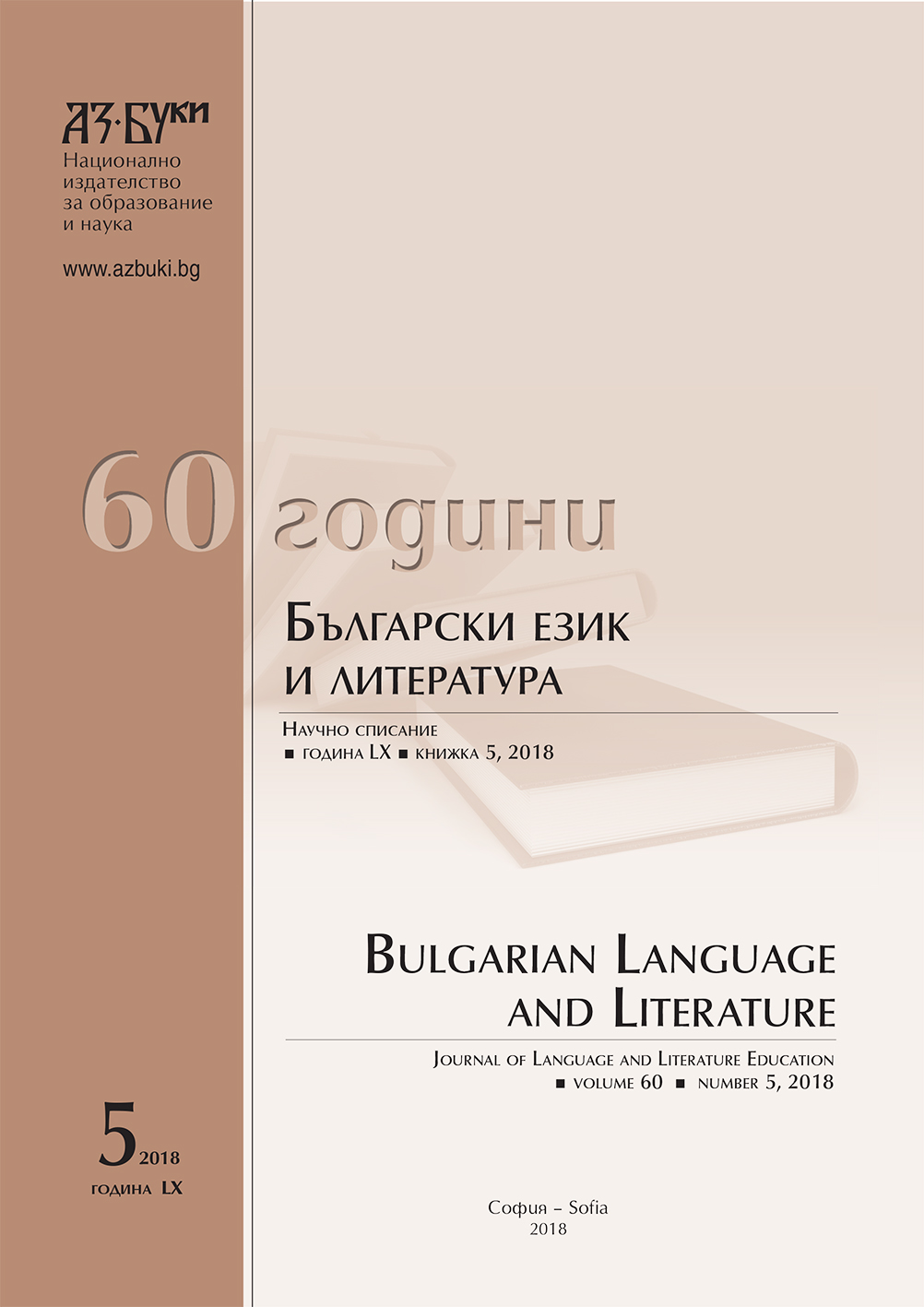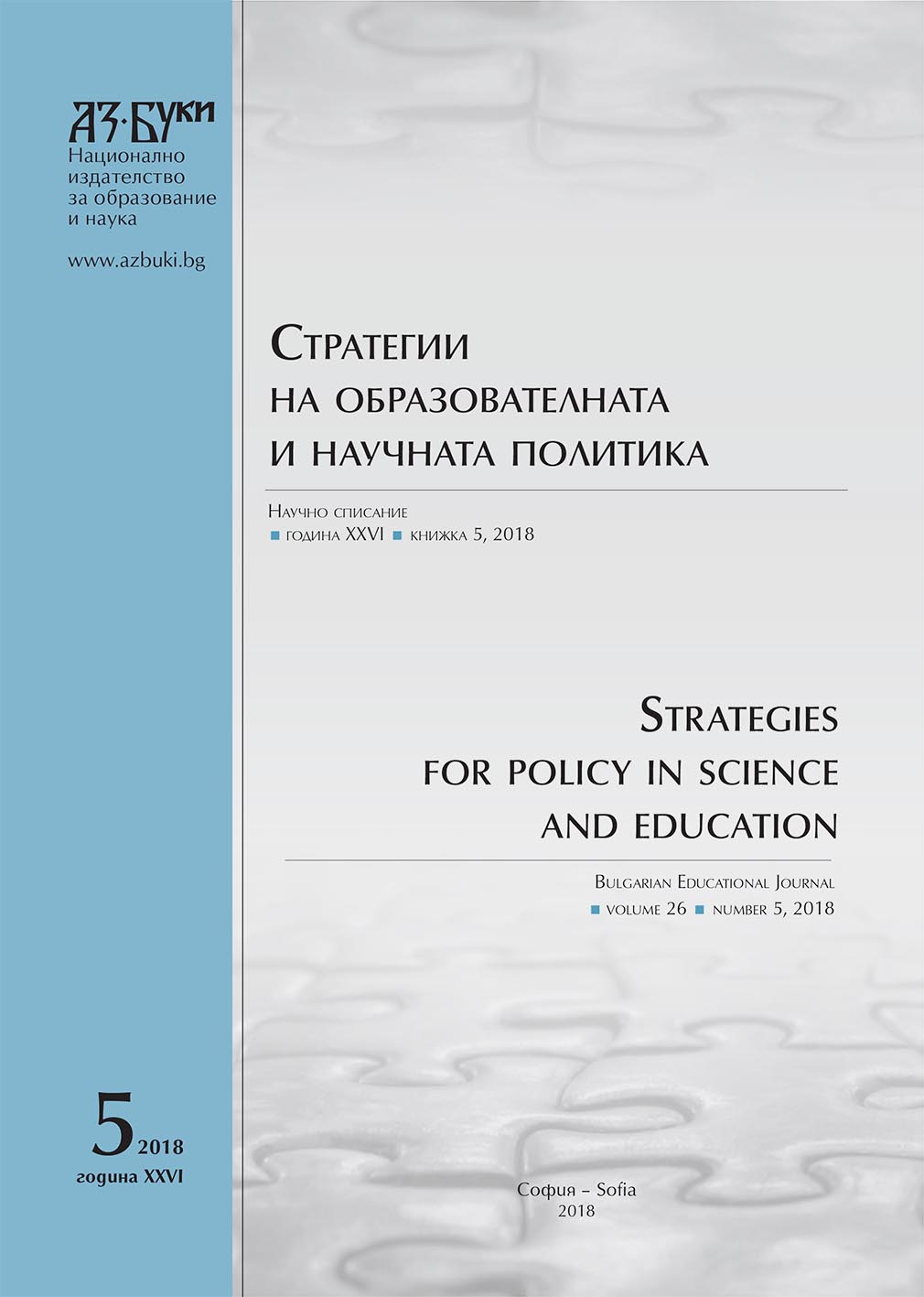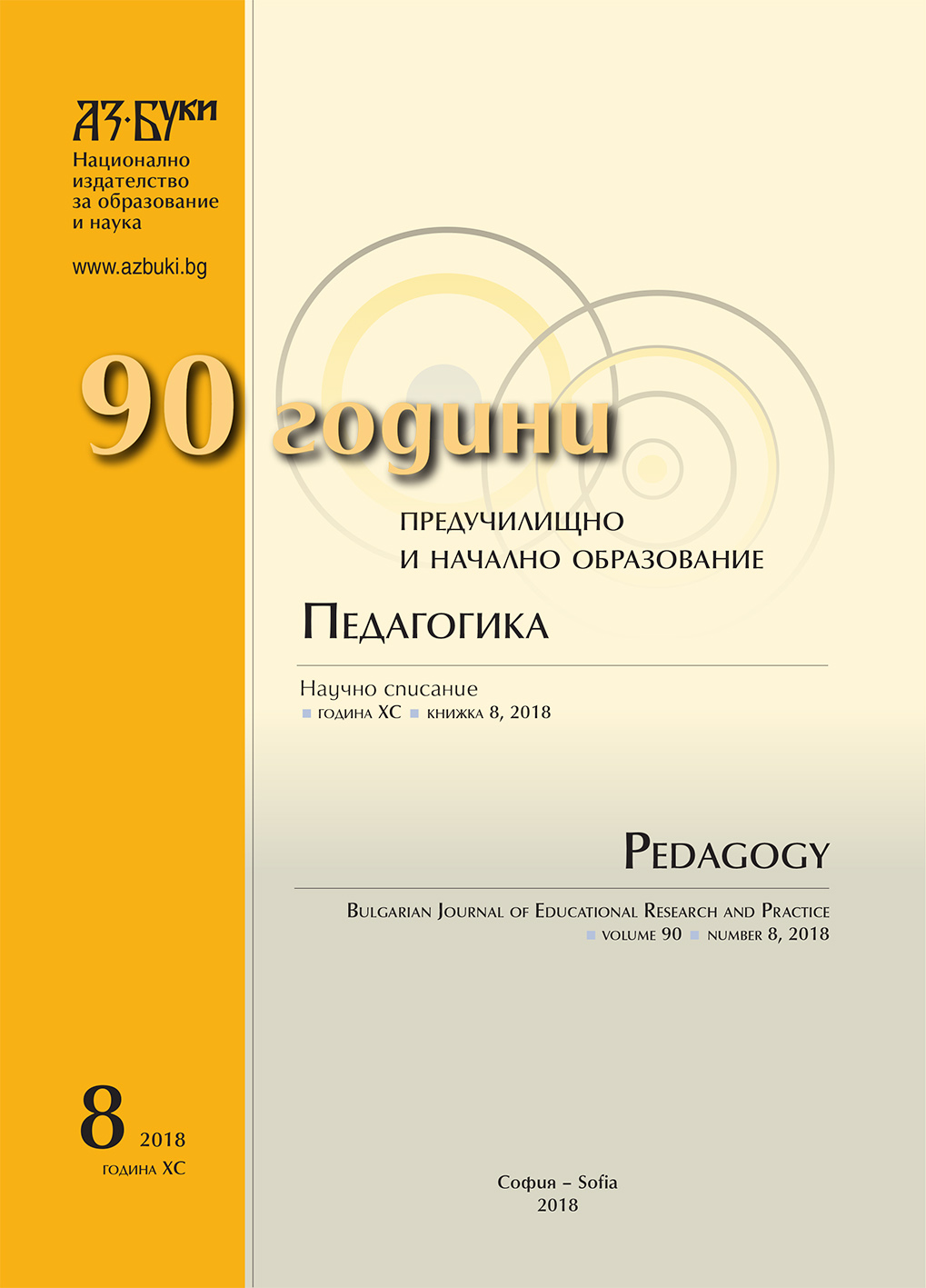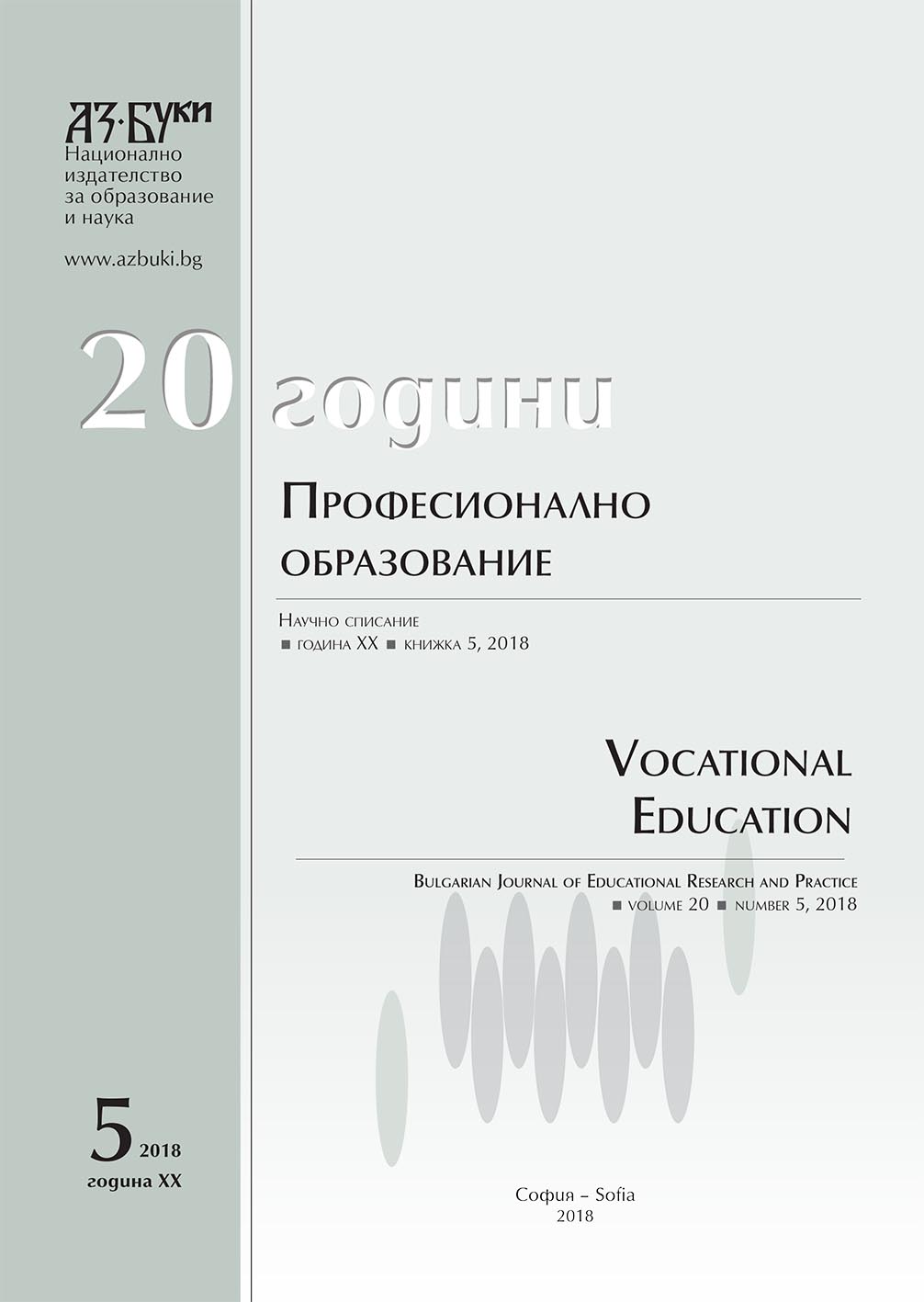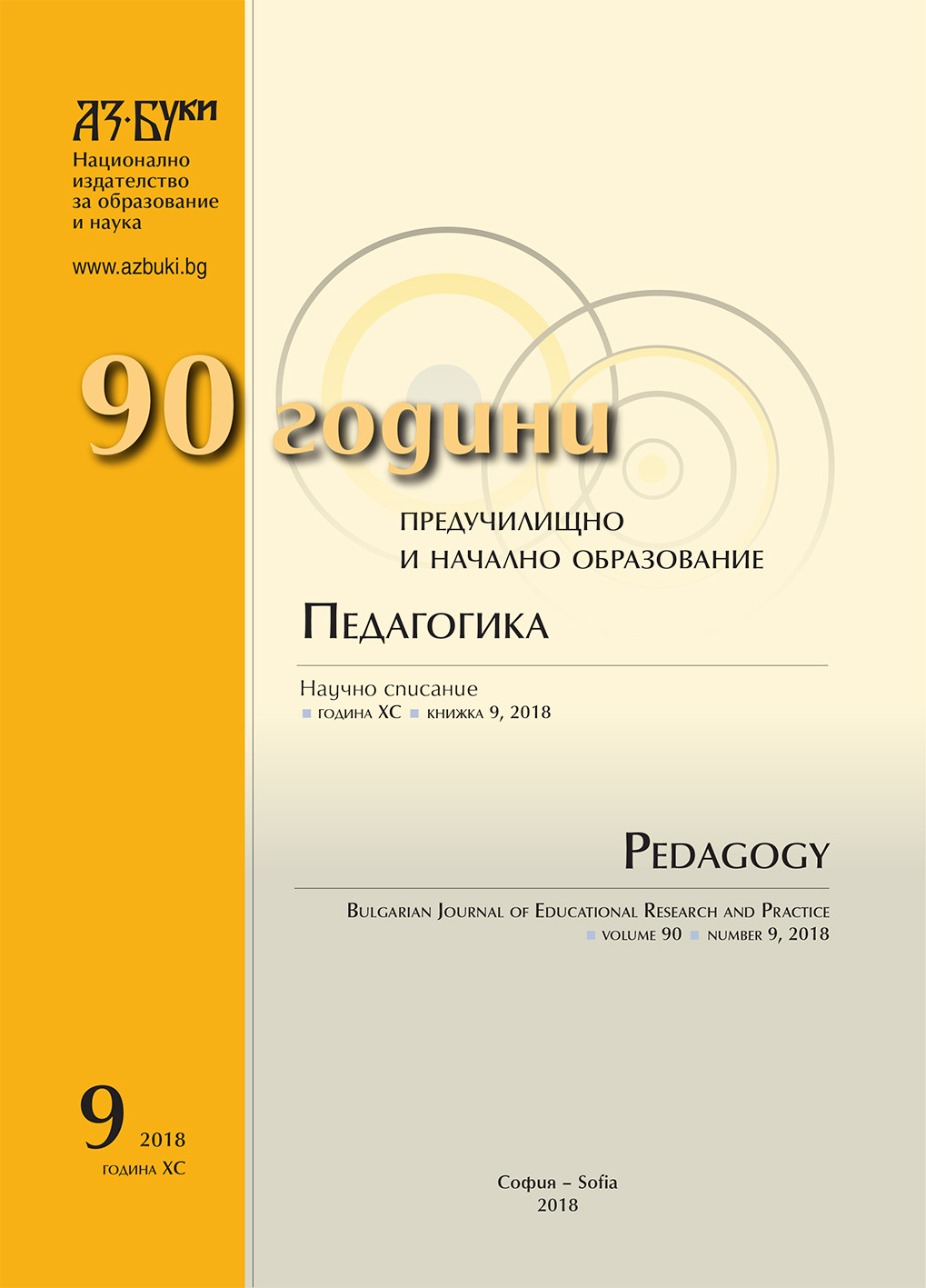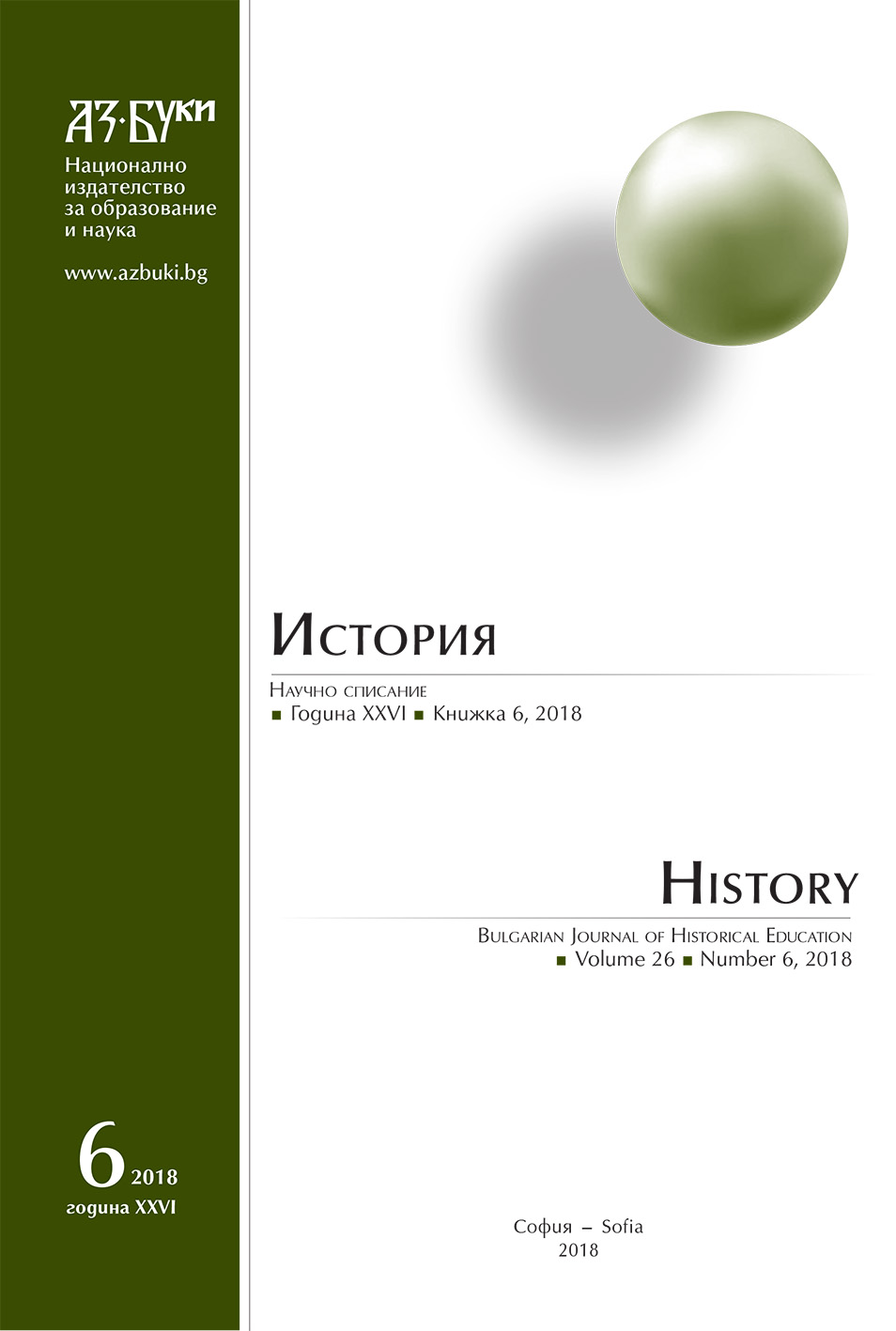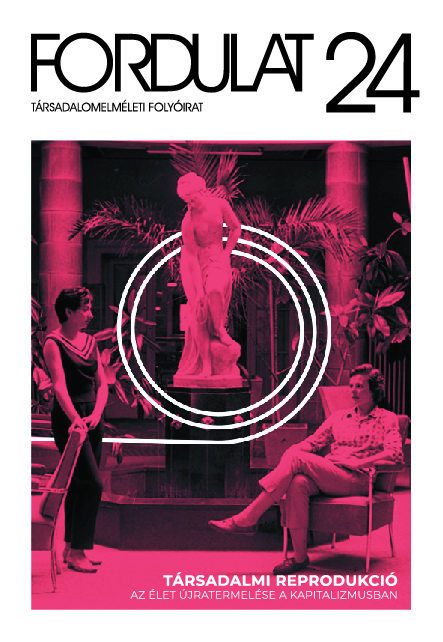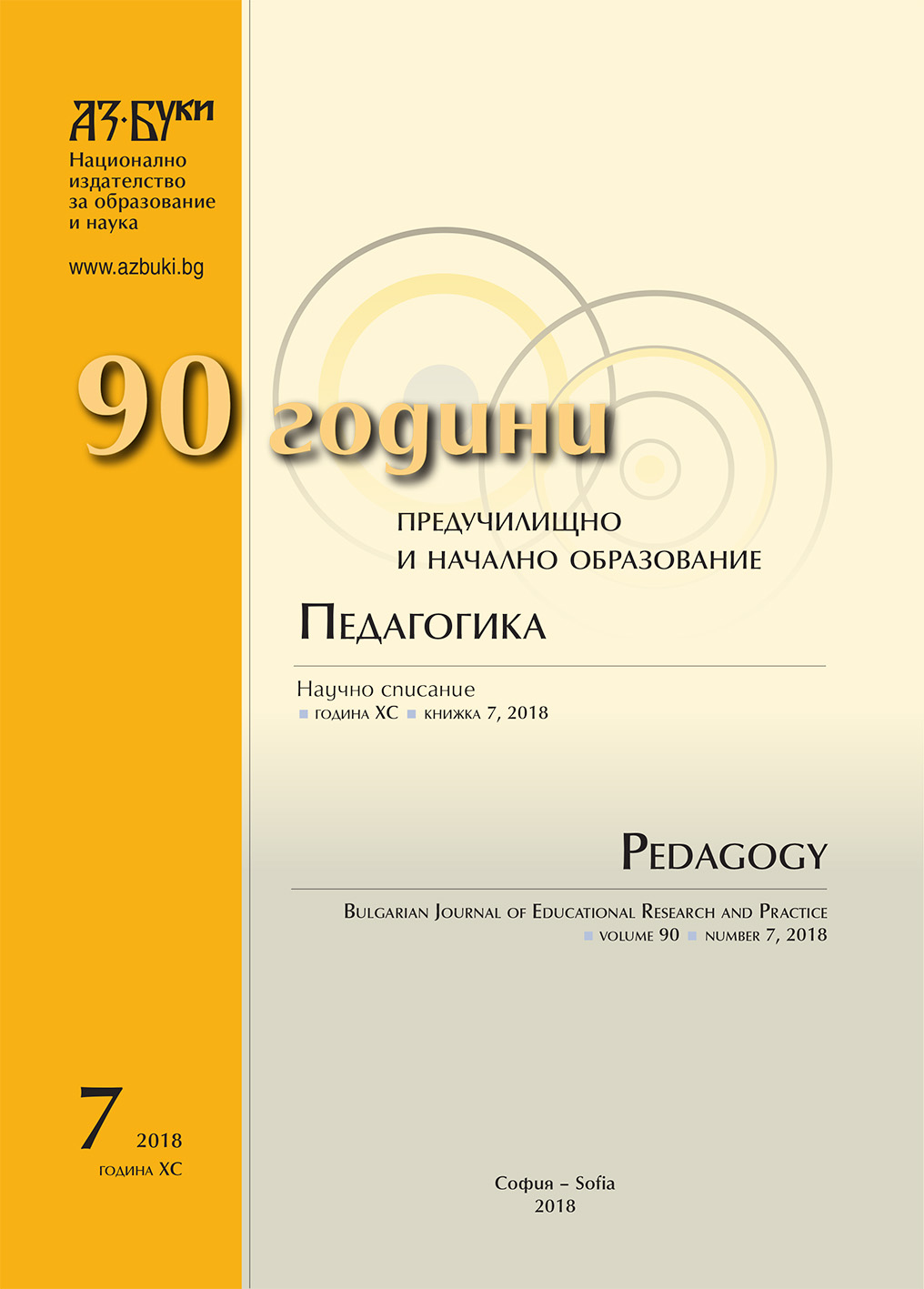
Музеят и „културата на участие“ – проекции в български образователен контекст
The authors accept the thesis that the conception of ‘museum of participation’ is well-grounded and perspective by the standards of the building of modern museums. The main arguments are sought in the direction of social change and its reflection on the modern museum and pedagogical theory. The ideas of N.Simon are extensively represented and the points of intersection between them and the general perspective they give have been sought. Arguments are advanced regarding the need for: Change in the roles of museum workers and the audience; Change in the conception of museum educational content and the ways of its creation; Change in the methods applied in the different programs; Change in the forms in which the programs are implemented; Change in the conception, creation, contents and implementation of museum educational programs; Change in the concept about the results from the study in a museum environment and its assessment. The described characteristics are taken as landmarks for the design of modern and effective museum educational programs. On this basis a concretization of the work of the National Museum of Military History has been extensively presented in terms of main directions of work as well as concrete programs.
More...
